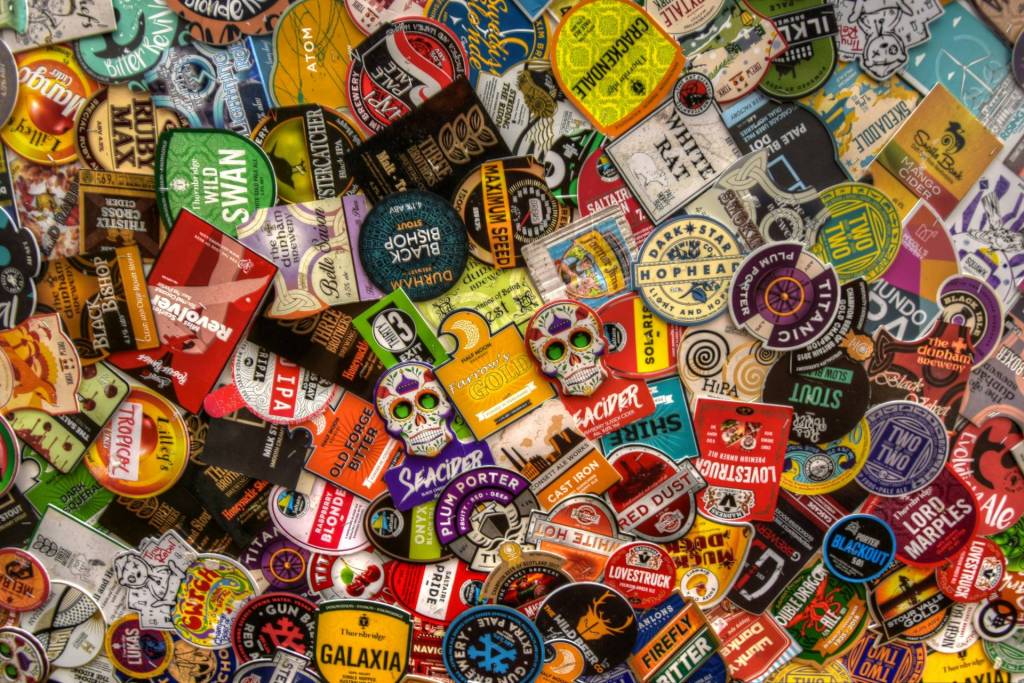Today, I spoke to Douglas Rushkoff, who is the author of the new book Life Inc.: How the World Became a Corporation and How to Take It Back. In this interview, Douglas discusses his view of personal branding, how branding impacts online transactions, how we can take the world back from corporations, as well as some commentary on Gen-Y.
Should a personal brand be about the person his/herself or about what he/she can do for the customer?
I think personal branding – such as people feeling the need to brand themselves in order to sell their goods and services – is really tricky, and most often works against everyone’s interests.
“Branding is really a technique that was developed to allow big, impersonal corporations to pretend they were human beings.”
Big boxes of goods, shipped from a great distance, needed to create the same kinds of connections with people that they used to have with the merchants and workers who once actually made their stuff. They are a substitute for human relationships. That’s why it’s so strange for people to use them. We are people, and don’t require them except for the most dehumanized of business relationships.
Does having a personal brand, and owning it online, make interaction over the internet more personal or more disconnected?
It can make a transaction feel more personal. But it is not actually more personal. The customer is relating to an artificial construct instead of a human being. This makes sense when it’s not really a person you’re branding anyway. Like a George Foreman grill. George Foreman is not a human in this case. He’s only as real as the Quaker on Quaker Oats.
How can we take the world back from corporations?
The easiest way is simply by conducting transactions and interactions directly. Buying and selling things from one another, rather than through corporations. You do something, you sell it. Instead of outsourcing your work to a company, you do the work, create the value, and sell it to or exchange it with someone else. You stop outsourcing your investment to Wall Street, and start investing in people and businesses you can see, or who you know. You stop bailing out the very companies who have sucked the economy dry, and start rebuilding an economy based on the needs of real people instead of the tyranny of the balance sheet.
The economic crisis provides that opportunity, because people are now incapable of finding banks willing to lend them money, or companies willing to give them jobs. They have to work for each other now, as a matter of survival.
What advantages does Gen-Y have in the corporate world?
I’m not sure what we mean by Gen-Y. I suppose since Gen-X are people in their late 30’s and 40’s, Gen-Y would be people in their early and mid-thirties.
If we understand the corporate world to be the world of debt – of big bank-driven corporate shells that extract labor and value from people – then the 30-something would have some advantages, I suppose. Certain ones, the more cynical ones, have been raised in a more highly “corporatized” environment than earlier generations. So they can more easily disconnect spiritually and emotionally from the effects of their actions. This might allow them to behave one way during the day at work, and another with their families or friends during their time off. Or if they’re really part of the whole American Idol culture that has been created for them, they don’t need to ever even separate from the corporate teet. Just work for it during the day, and be entertained by it at night. I think Gen-Y people are less guilt-ridden than their Gen-X counterparts, and can go that way if they want to.
The advantage for more conscious Gen-Y adults is their facility with new and alternative media. They can connect and communicate beneath or above the radar, and engage in a culture completely apart from the mainstream programming.
How can Gen-Y “get back into the box” when they were raised asking, “what’s the next big thing?”
Well, they will have to get back in the box if they want to be able create value for anyone. As the incompetence of big corporations is becoming more apparent, they are getting rid of more and more dead weight. Competence is so very rare, so few people know how to do anything except get hired, that the rare birds who are capable of doing something will be extremely employable. The fact that they can get jobs, stable jobs, doing real things, may motivate some of the Gen-Y people to learn a trade.
——-
Douglas Rushkoff is the Winner of the first Neil Postman award for Career Achievement in Public Intellectual Activity. He is an author, teacher, and documentarian who focuses on the ways people, cultures, and institutions create, share, and influence each other’s values. He teaches media studies at the New School University, serves as technology columnist for The Daily Beast, and lectures around the world. He has just released his most important book to date: an analysis of the corporate spectacle called Life Inc. for RandomHouse, as well as a series of short films called Life Inc Dispatches. His ten best-selling books on new media and popular culture have been translated to over thirty languages. Rushkoff is on the board of several new media non-profits and companies, and regularly consults on new media arts and ethics to museums, governments, synagogues, churches, and universities, as well as Sony, TCI, advertising agencies, and other Fortune 500 companies.












